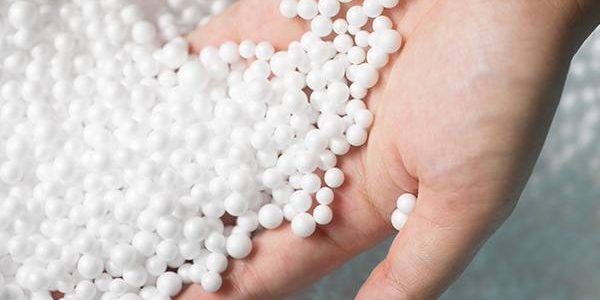Lightweight: EPS is made of 98% air, making it one of the lightest packaging materials. It adds very little to the weight of the packaging, so transport costs and fuel emissions are kept to a minimum.
Tough: The 2% polystyrene cellular matrix gives outstanding impact resistance. The outstanding shock absorbency of expanded polystyrene packaging guarantees the protection of products.
Insulating: The thermal insulating properties of EPS help keep food fresh and prevent condensation throughout the distribution chain. EPS has a reduced thermal conductivity, with a density of about 28-45kg/m3. It therefore acts as an insulator keeping products cold or warm depending on the application.
Versatile and easily branded: EPS can be custom-shaped to protect the smallest electrical component or the largest fridge-freezer. This reduces the amount of packaging required, resulting in savings on space, distribution and damaged-goods costs. It can be clearly marked with the contents or company logo and labelling can be attached directly to the packaging.
Hygienic and Safe: EPS is non-toxic and chemically inert. Fungi and bacteria cannot grow on it.
Waterproof: EPS is insoluble and non-hygroscopic.
Low Carbon Impacts: Clean manufacturing technologies mean minimal energy and water inputs with no production waste.
Economic: Highly efficient manufacture and localised production units mean it is a low cost, proven solution.








